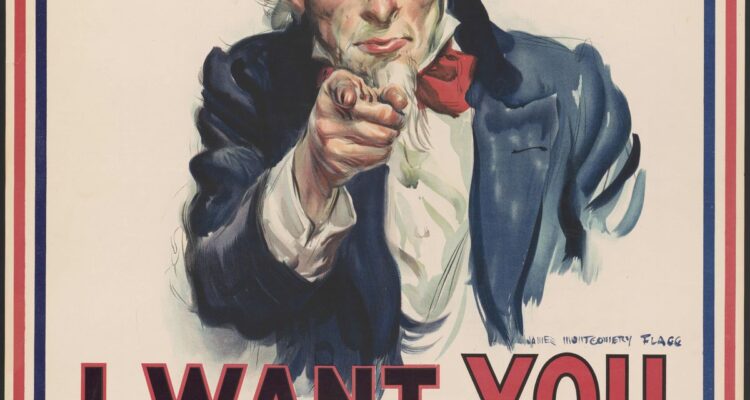In the past few days, my social media feed has been filled with videos joking about the rumors regarding the possibility of women joining the United States military draft.
The American government has enforced a draft in all six major wars: the American Revolutionary War, the Civil War, World War I, World War II, the Korean War and the Vietnam War.
Throughout these centuries, different acts and laws have been passed by Congress changing the requirements and rules, but have generally consisted of the same idea that men who met the criteria would have to serve if there was ever a shortage of American soldiers. If one were to evade registering or decline orders, this person would be fined a fee of up to $250,000, serve a prison term of up to five years or face a combination of both.
In 2022 the National Defense Authorization Act (NDAA) proposed multiple changes to the military draft, including the suggestion to require women to register. However, none have been passed—at least not yet.
Luckily there hasn’t been a draft in 50 years, the last having been in 1973. And while I am incredibly thankful for our armed forces, as both my dad and brother have served, I personally believe that no one should be drafted.
It is a privilege to have people volunteer and risk their lives for our benefit, however, it is inhumane to force a person to kill or be killed. And now, the possibility of including women in this fate just increases my frustration and poses more ethical questions.
While our current draft age for men lies between 18-25, and would most likely be the same for women, my initial concern regards young parents. Let’s say the possibility of becoming drafted is now equal for everyone within this bracket. What happens then if a mother and father are coincidentally drafted at the same time—who will take care of the kids?
This is not to say that a woman’s job is to be a caretaker, but is to point out that with neither guardian present this may force thousands of kids into foster care—a service that is already overrun and poorly resourced in America. Will the government finally focus on providing children with supportive homes and figures then?
Another issue that immediately comes to mind is that female soldiers are oftentimes harmed more by their male colleagues than by the “enemy”. In NPR’s piece, “Off The Battlefield, Military Women Face Risks From Male Troops,” a group of female veterans share their experience with sexual assault inflicted by the people they are supposed to trust. Statistically, about 19,000 sex crimes take place in the military each year. Researchers calculated that more than one in four women who join the military have been and will be sexually assaulted during their careers. How will that number change when female participation forcefully increases? More importantly, how will the government protect us from our own people?
For other countries that have already implemented a female-included draft, it is found that they are also subjected to the same cruel treatment. Researchers found that the Norwegian military has countless reported cases of rape conducted by their male colleagues, a quarter of women in the New Zealand armed forces experienced inappropriate sexual behavior in the past year and a third of Israeli female soldiers reported they were sexually harassed in a survey conducted in 2021.
So many people want to argue that including women in the draft would eliminate the gap in inequality between genders. Unfortunately, I don’t see how that problem can be fixed when so many other aspects would still surround sex discrimination such as assault, poorly made armor for female body types, the lack of menstruation resources and so much more.
I think I speak for a majority of us when I say that hopefully we will never have to resort to a draft in any future situations, but with the system still in place anything is a possibility. It’s time to rethink these protocols.


Leave a Reply